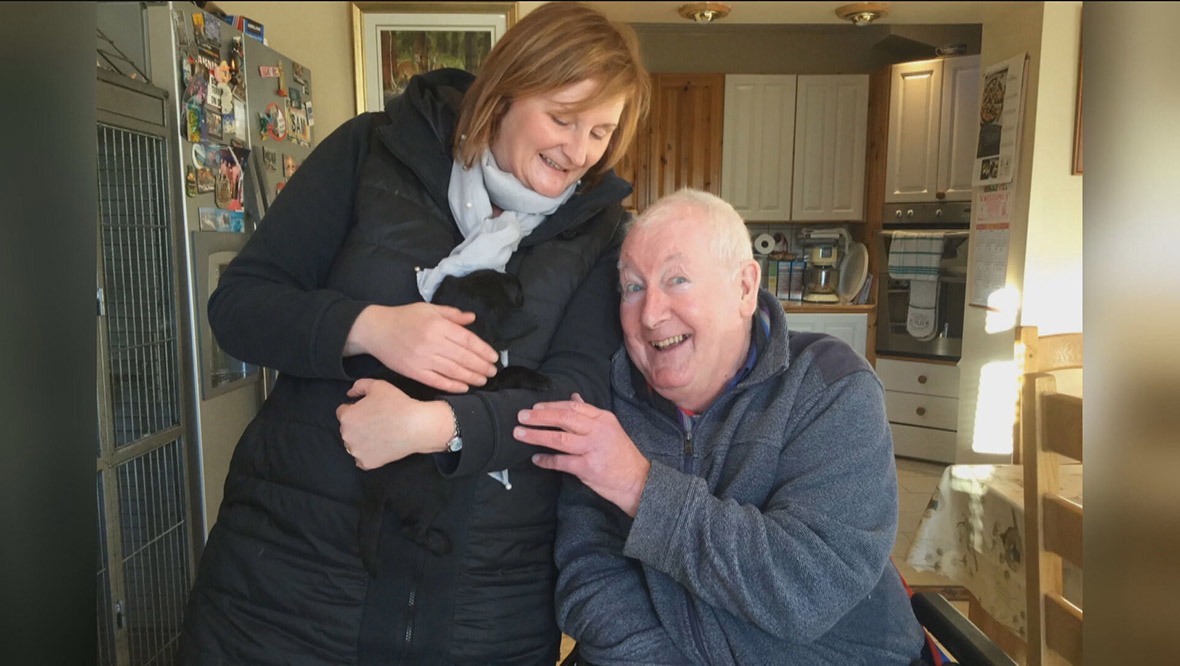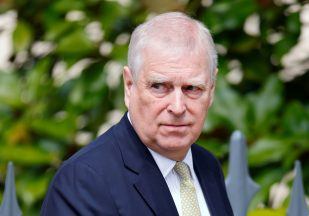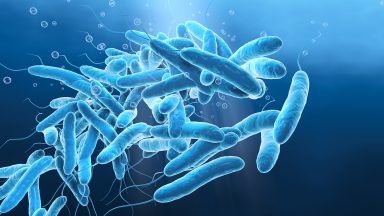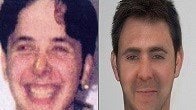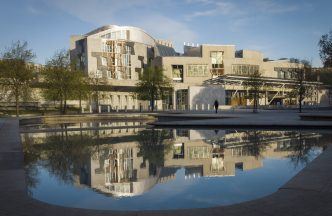An unpaid carer who looks after her husband full-time has expressed concern at the Scottish Government’s decision to cut the Covid self-isolation requirement.
Lynn Williams says many unpaid carers feel the move is too risky at a time when hospitals are stretched and Covid hospitalisations are going up.
“Honestly, it gets to a point where you really feel like your life is collateral damage,” Lynn told STV News.
“I’ve said before, we have a two-track recovery here and families like ours are being left behind. The science may ultimately say this is fine but what I’m hearing now doesn’t convince me that is the case.
“That to me sounds like a lot of people walking about with a virus they might not know they have and for us, as a family who have a disability and as an unpaid carer, that could be our GP, it could be a district nurse who comes in to change my husband’s catheter.
“It could be a consultant we would be meeting in hospital, it could be anybody. It also means, It also means I think for us that we probably have to be even more cautious about who we let into our house now.”
The changes, which come into force from Thursday, mean those who test positive for Covid will have the option of ending their isolation after seven days instead of 10, providing they do not have a fever and test negative on lateral flow devices on days six and seven of their isolation.
In addition, household contacts of confirmed cases will no longer have to self-isolate for ten days, instead taking lateral flow tests for seven days and isolating if any of these are positive.
This second change applies only to those aged under 18 years and four months and those who are fully vaccinated, including having had a booster jag, with others still having to isolate for ten days and take a PCR test.
The changes have been largerly welcomed by social care providers – especially those delivering care at home services. With thousands of vacancies unfilled, they say the changes will help get more crucial frontline staff back to work.
But many unpaid carers looking after shielders say it’s too risky and feel forgotten about once again.
Lynn said: “I would urge the First Minister to please be cautious, I mean there is always a delicate balance here and I don’t envy the decisions that politicians have to make but we are in a pretty precarious position here.
“Social care is fractured, we know the NHS is struggling. We’re certainly going to have people walking about who potentially have the virus but don’t know they have the virus and we know that things like lateral flow tests aren’t always 100%, so I think until we know more about that infectious period let’s be cautious.
“Roughly 20% of the population of Scotland has a disability of some kind, that’s a lot of people. So these are people who are not out in shops, who are not out going to restaurants, who are not spending money and who are increasingly more isolated by the day.”
Sturgeon told MSPs taking part in special virtual session of Holyrood on Wednesday that the changes are “significant and not completely without risk”.
She added: “At this stage of the pandemic they strike an appropriate balance between the continued importance of self-isolation in breaking chains of transmission, and reducing the disruption self-isolation causes in the economy and critical services.”
Describing the Omicron variant of Covid as being “extremely infectious”, the First Minister told how cases have risen 87% in the past week, with people in hospital rising by 80% in the same period to 1223.
However, the number of people in intensive care is “remaining stable”, with 42 patients as of Tuesday night.
Scotland recorded a further five deaths in the past 24 hours of people who tested positive for the virus in the last 28 days, taking this total to 8,872.
After two years of the pandemic, social care staff say the new rules could help ease their burden of but hope it’s not at the expense of the most vulnerable – a sentiment shared by Scotland’s army of one million unpaid carers.
Follow STV News on WhatsApp
Scan the QR code on your mobile device for all the latest news from around the country


